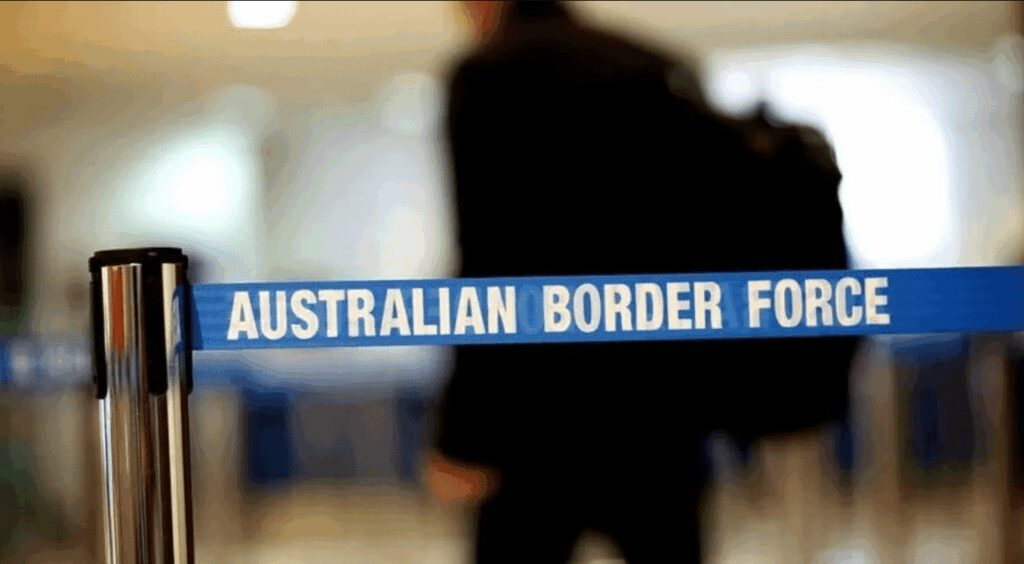Australia Signs $17M Deal with Unisys, Idemia for Border Tech

Australia Embraces New Biometric Technology for Visa Processing
Great news for anyone exploring work or permanent residency in Australia! The Department of Home Affairs has implemented a new Enterprise Biometric Identification System (EBIS) to streamline visa and border processing applications.
This state-of-the-art system, supplied by Unisys and Idemia, is designed to improve identity verification, which is crucial for ensuring smooth entry into the country.
What is the EBIS?
The EBIS incorporates multi-factor identity management and authentication solutions, combining Unisys’s Stealth(identity) technology with Idemia’s advanced face and fingerprint biometric algorithms. This partnership aims to enhance the accuracy of identity matching, helping to confirm the details of visa applicants more effectively.
Why is it Important?
The new system not only facilitates easier travel but also plays a vital role in national security. Home Affairs will use EBIS to process fingerprints and facial biometrics from visa applicants, as well as to verify the identities of citizenship applicants. This heightened efficiency helps detect criminals and individuals of national security interest.
Investment and Future Prospects
The contract for this technology is valued at AU$25.3 million (approximately US$16.7 million) and spans three years, with potential extensions until 2034. Unisys managed to deliver this impressive system within just 18 months of signing the contract, showcasing their commitment to improving Australia’s border security.
Enhanced Security Measures
As Rick Mayhew, the Vice President and General Manager at Unisys Asia Pacific, explains, “EBIS gives Home Affairs greater confidence in verifying an individual’s identity, allowing for quicker detection of those who might change their names or obtain passports through fraudulent means.” This capability is especially important in safeguarding Australia’s borders.
Idemia’s contribution to this project is also significant, as Tim Ferris, Idemia’s Senior Vice President for Public Security and Identity in Asia Pacific, notes. This collaboration sets the stage for a more secure border in Australia as the biometric system evolves over time.
Previous Systems and Progress
This is not the first iteration of the biometric system for Home Affairs. The previous EBIS, implemented under a AU$44 million contract in 2018, proved to be successful until its extension this year. The advancements in the current system promise to build upon the strong foundations laid by the previous technology, enhancing efficiency and security even further.
What This Means for International Job Seekers
If you’re considering applying for a visa to work or live in Australia, it’s essential to be aware of these ongoing changes in the border processing system. Having an efficient biometric verification process makes it easier for your application to be processed quickly and with greater security.
For anyone looking at options like the 482 visa (Temporary Skill Shortage visa) or the 189 visa (Skilled Independent visa), this new system can positively influence your experience. Knowing that identity verification is becoming more accurate may give you peace of mind when you submit your application.
In Summary
The introduction of the new EBIS in Australia marks a significant step forward in enhancing border security and improving visa processing efficiency. As international job seekers, staying informed about the latest advancements in the migration system can help you navigate your move more smoothly.
Have your say!
Got a question or experience to share? Leave a comment below and join the conversation.
Thinking about moving to Australia or New Zealand?
Join our free and supportive community at Oz Visa Forum.
Post in our forums to get advice and support from people who’ve already made the move.
Not sure where to start? Click here to get started







Responses